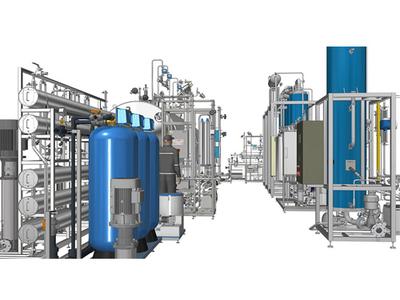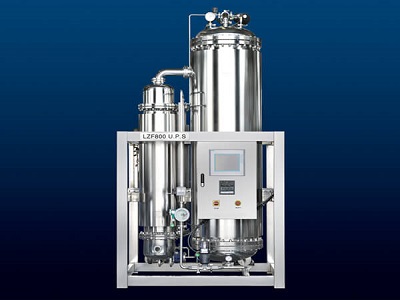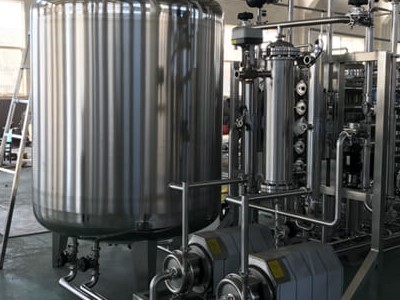Fuel contamination can be a significant concern for maritime operations, posing a risk to both vessels and crew. With the increasing complexity of fuel systems and the constantly evolving challenges in the industry, it is vital for maritime professionals to stay informed on the latest advancements in combatting fuel contamination. In this blog post, we will explore the effectiveness of WIF Skid systems in safeguarding vessels against fuel contamination and enhancing maritime mastery in the face of this pervasive issue.
As ships traverse the vast oceans, fuel contamination can arise from various sources, including microbial growth, water infiltration, and foreign matter entering the fuel system. These contaminants can cause corrosion, clog filters, reduce engine efficiency, and even lead to catastrophic engine failures. Recognizing the potential risks associated with fuel contamination is crucial for maritime professionals, who are responsible for the safe and efficient operations of their vessels.
WIF Skid systems have emerged as a game-changer in the maritime industry, providing a comprehensive solution to effectively combat fuel contamination. WIF, an acronym for Water-In-Fuel, is a common problem that occurs when water enters the fuel system, leading to undesirable consequences. WIF Skid systems leverage advanced technology to detect and eliminate these contaminants, safeguarding the vessel's fuel system.
WIF Skid systems are equipped with state-of-the-art sensors capable of detecting even minute levels of water and other contaminants in the fuel. By constantly monitoring the fuel system, these systems can quickly alert vessel operators to the presence of any contaminants and enable timely intervention. Once detected, the WIF Skid system initiates a filtration process that removes the contaminants, preventing any potential harm to the vessel's engines.
The implementation of WIF Skid systems offers several advantages for maritime operators. Firstly, it minimizes the risk of engine failures caused by fuel contamination, thereby reducing downtime and costly repairs. Secondly, by ensuring the quality of fuel, WIF Skid systems optimize engine performance, resulting in increased fuel efficiency and reduced emissions. Furthermore, the enhanced safety provided by these systems significantly reduces the potential risks faced by crew members, promoting a safer working environment.
Fuel contamination is a significant concern for maritime professionals responsible for operating vessels efficiently and safely. However, with the emergence of WIF Skid systems, the task of combatting fuel contamination has become more manageable. By utilizing advanced technology to detect and eliminate contaminants in real-time, these systems enable maritime operators to navigate the challenges of fuel contamination with confidence and achieve maritime mastery. Implementing WIF Skid systems not only safeguards vessels against the harmful effects of fuel contamination but also enhances engine performance, reduces operational costs, and ensures the safety of crew members. In an ever-evolving industry, investing in the latest advancements such as WIF Skid systems is essential for maritime professionals aiming to achieve unparalleled mastery over their operations at sea.


